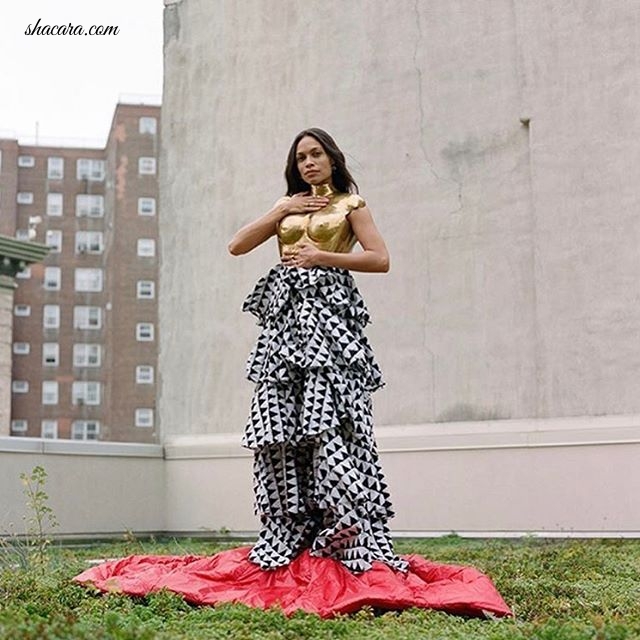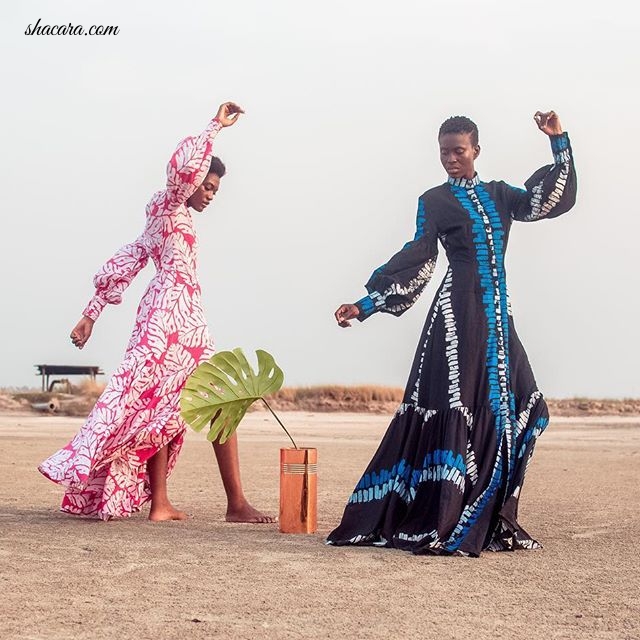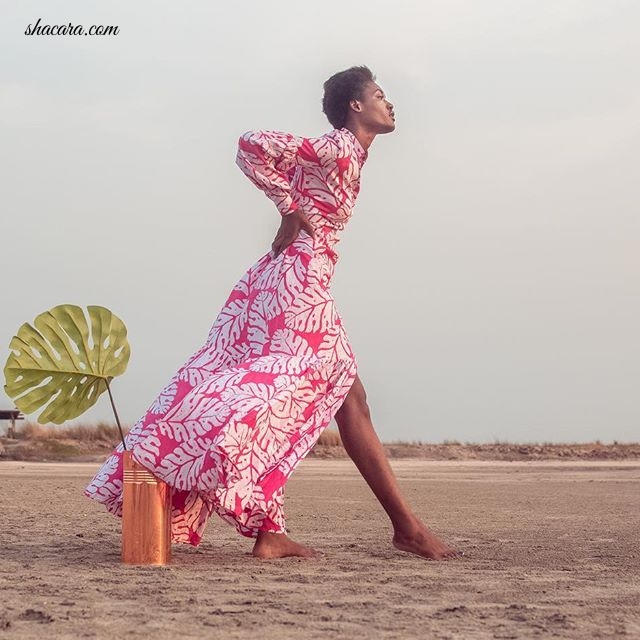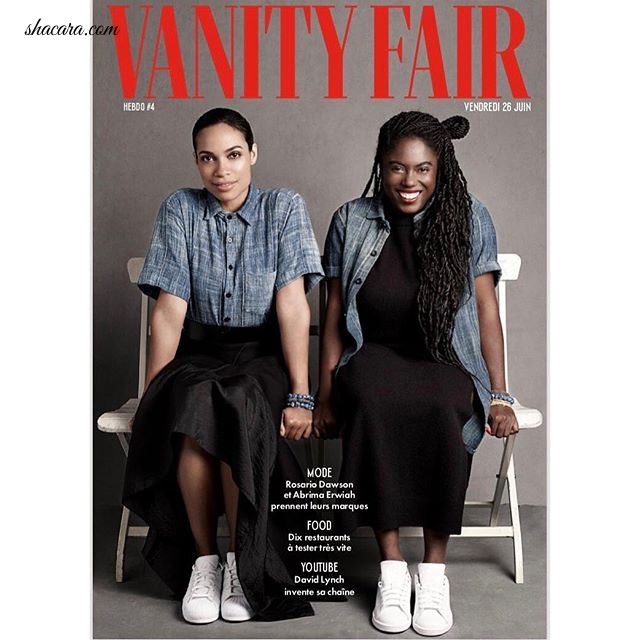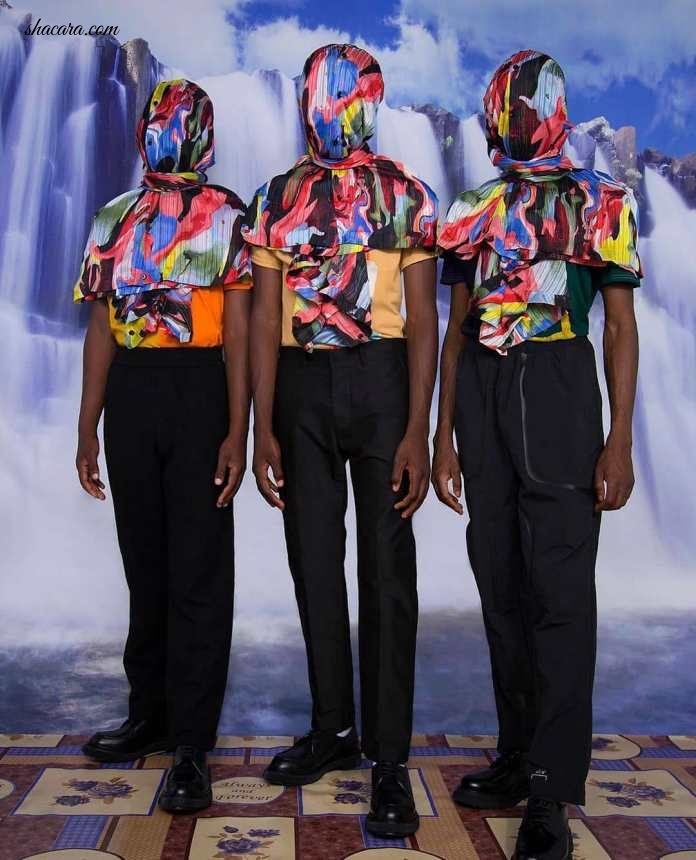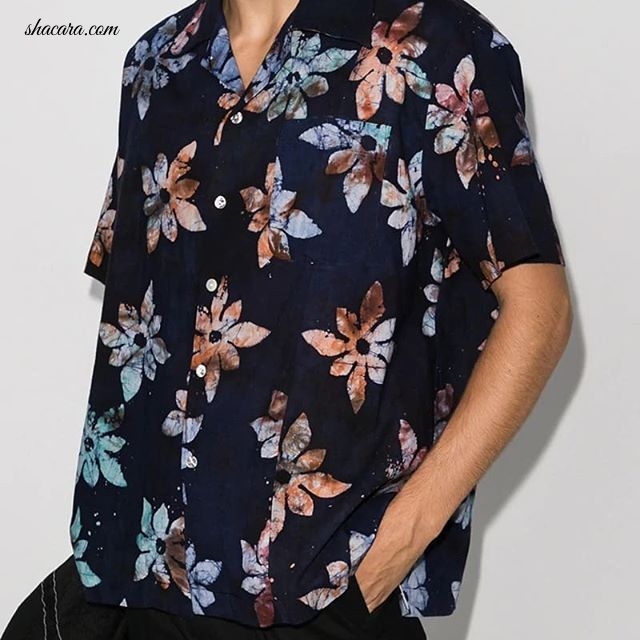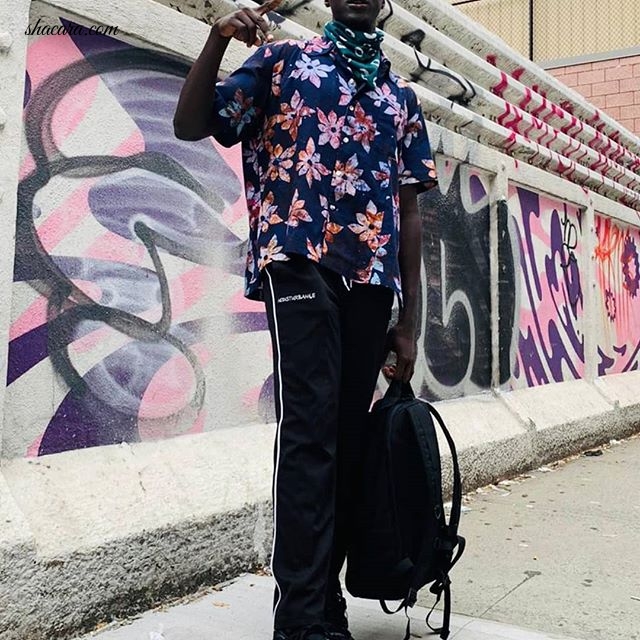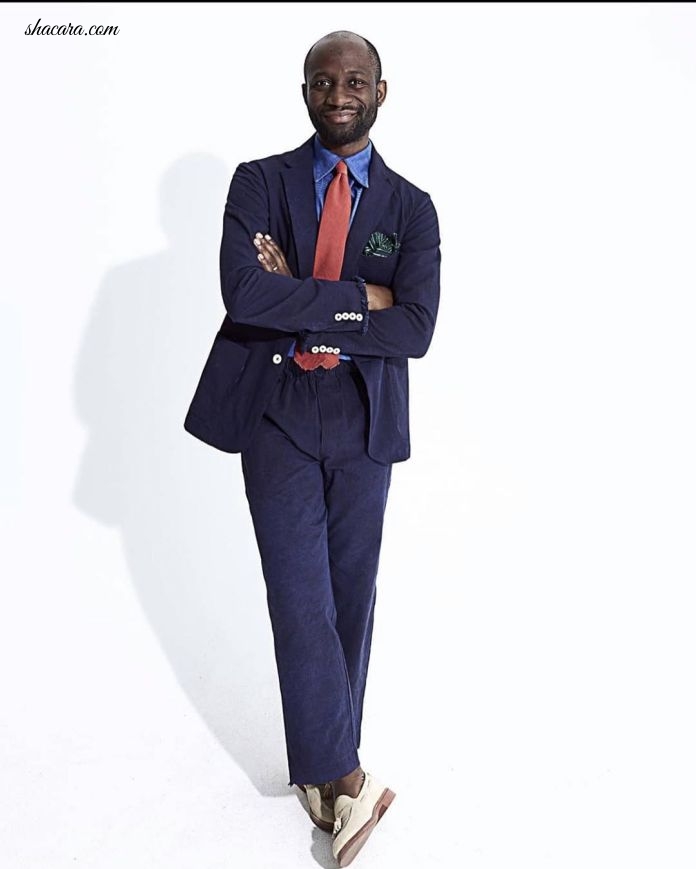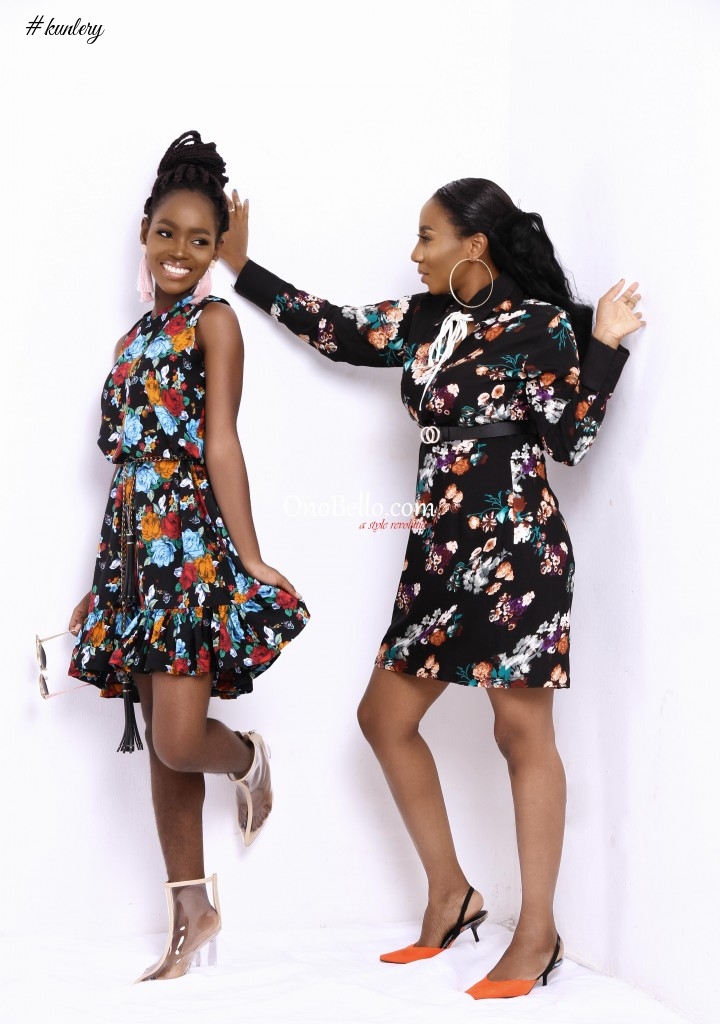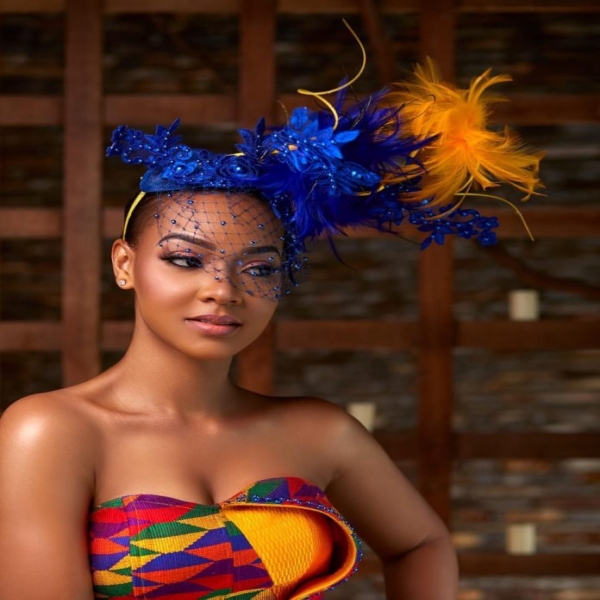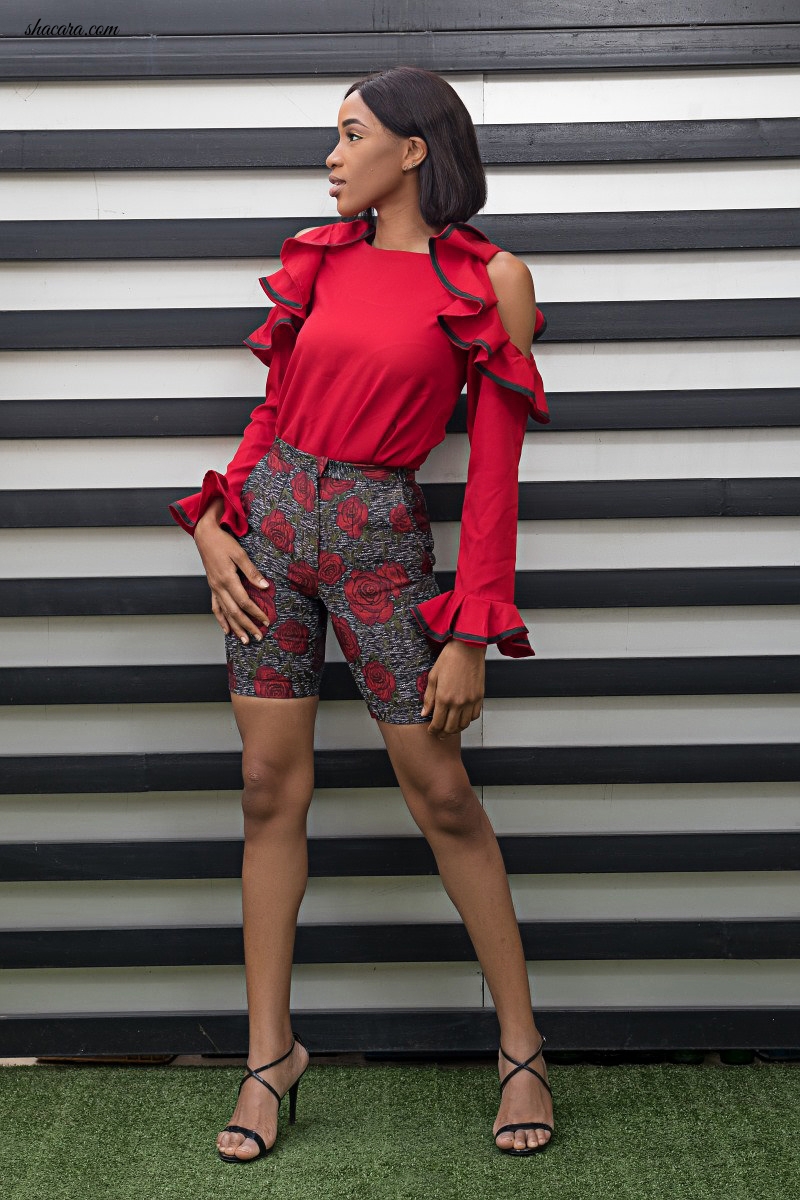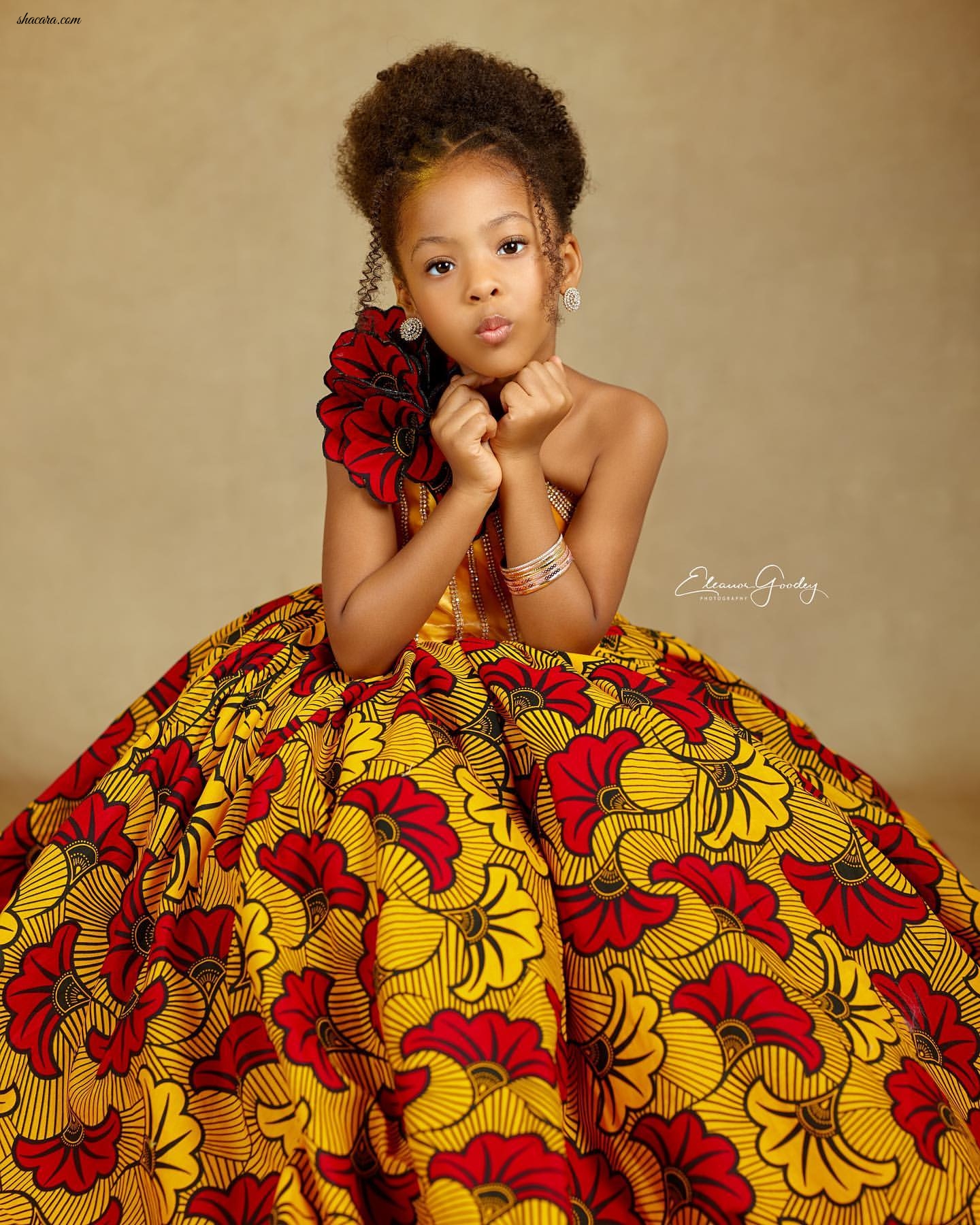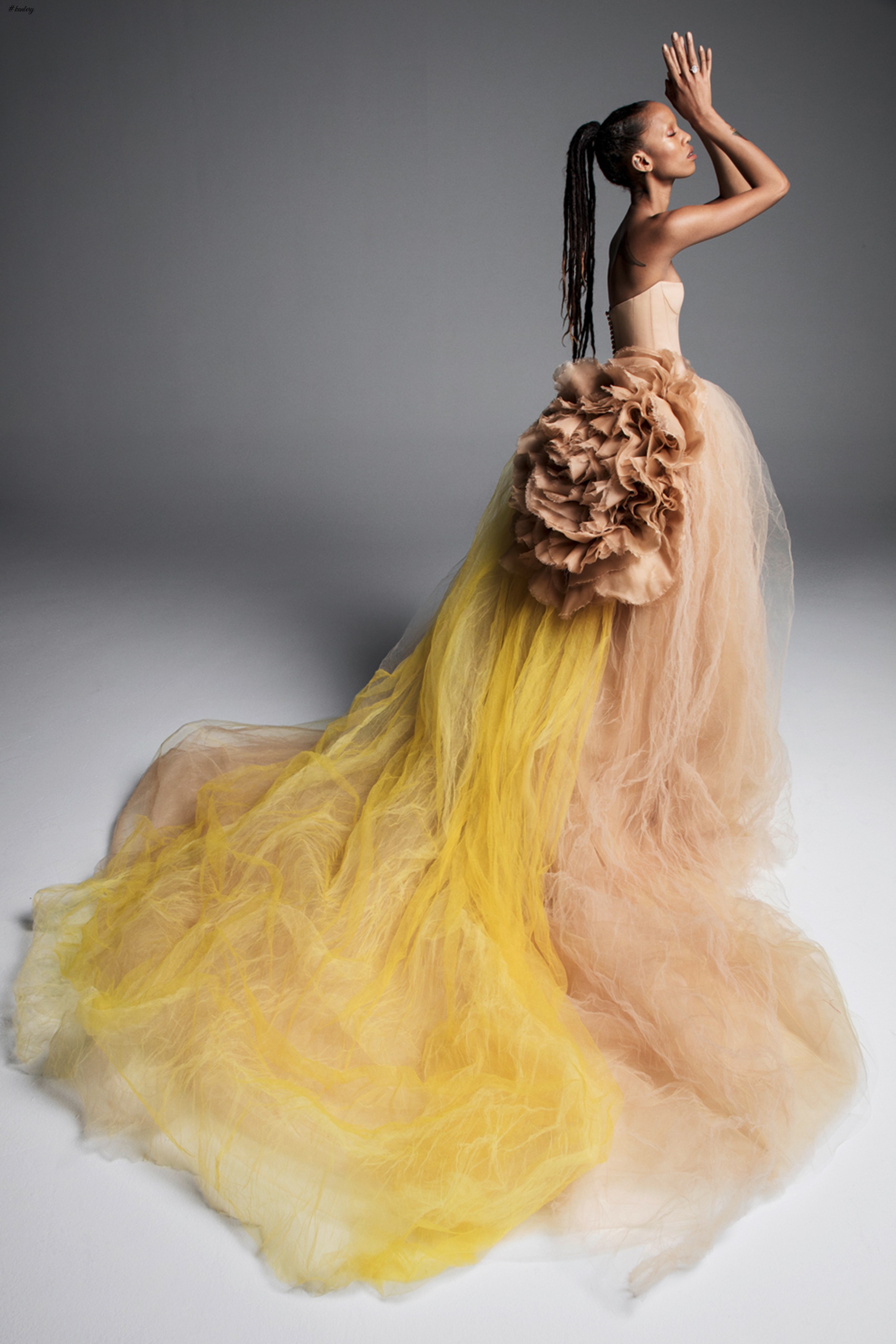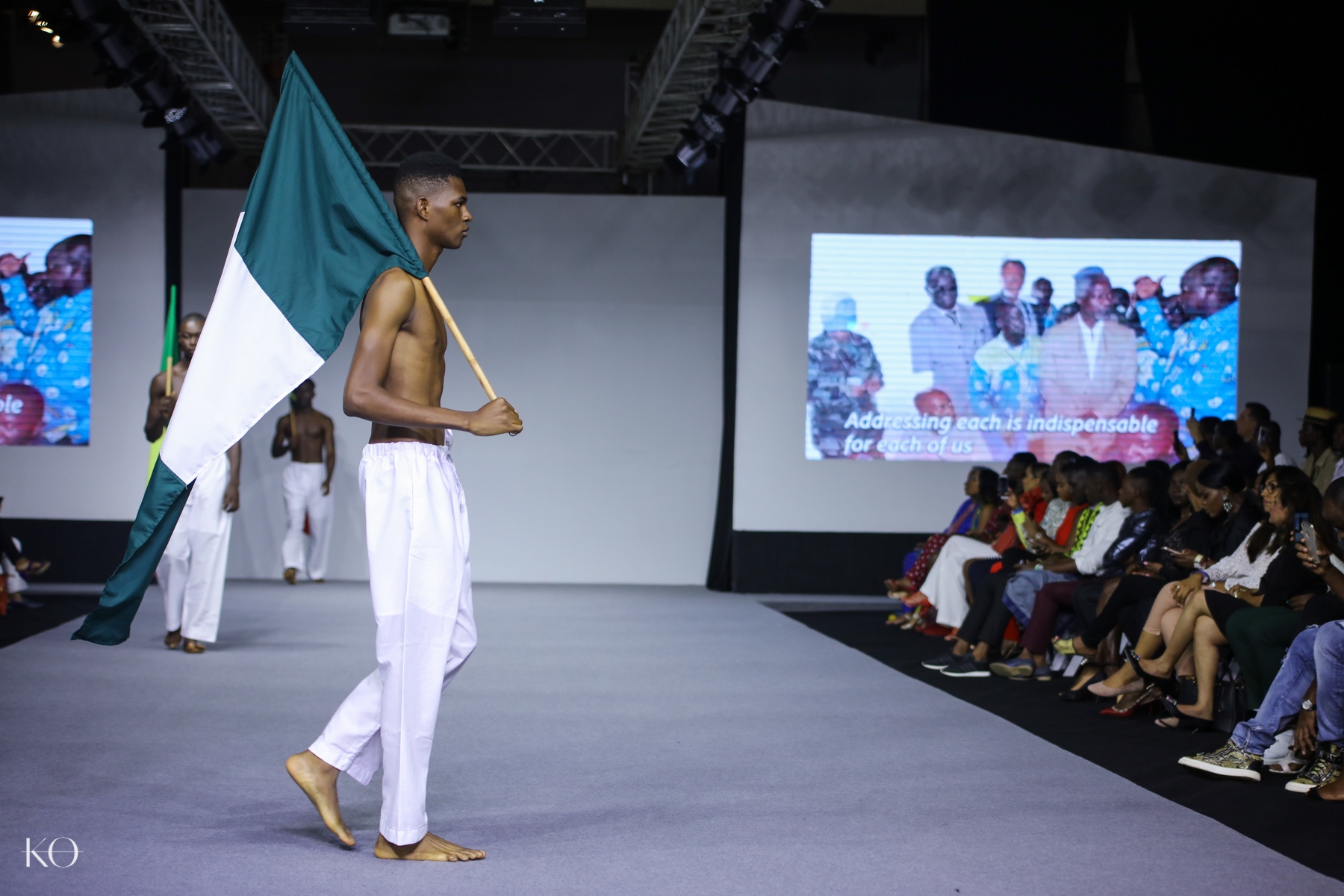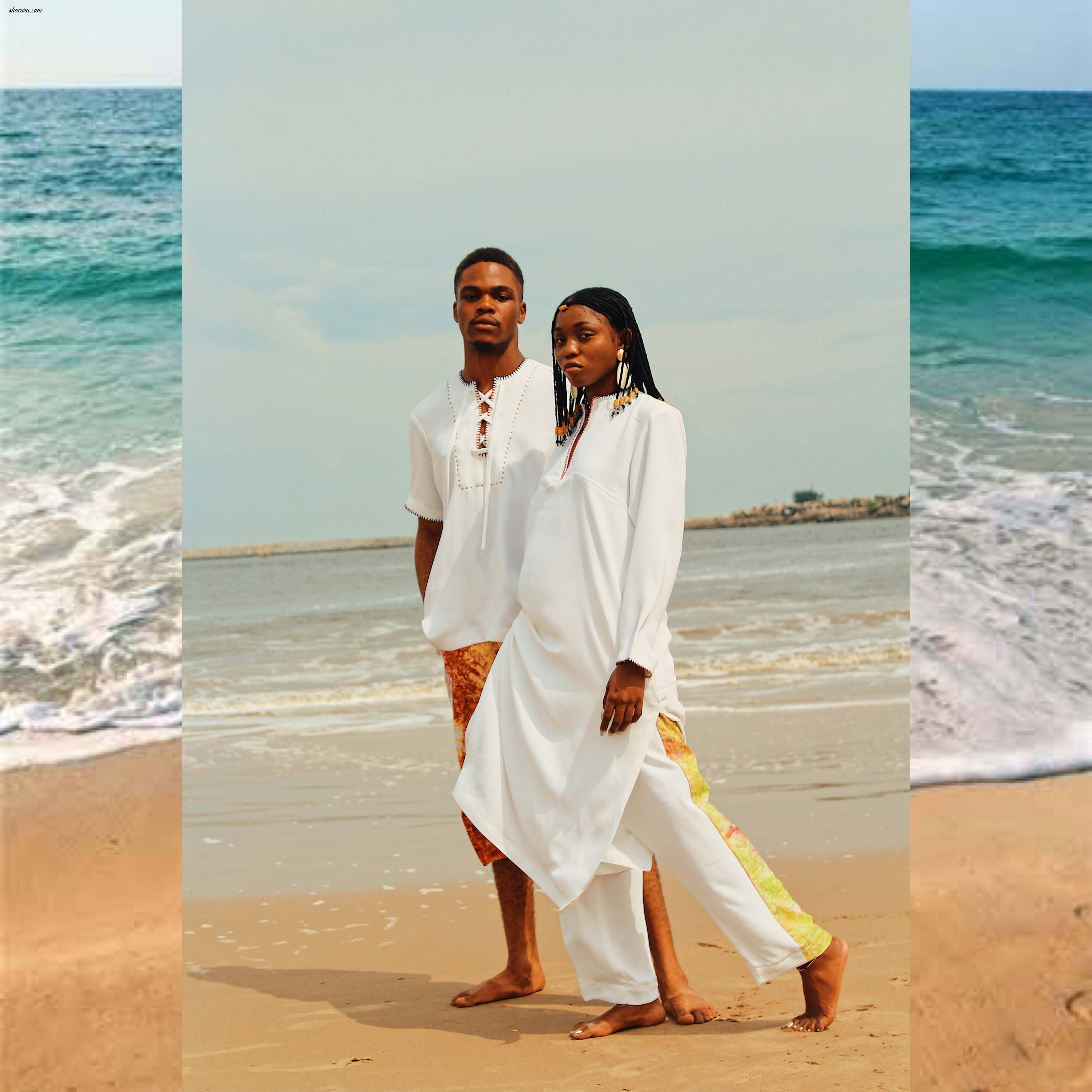Studio189 And Post Imperial Win Grants From Harlem Fashion Show And CFDA
Nigerian menswear line Post Imperial and Ghanaian and American owned fashion house StudioOneEightyNine have been selected to receive a $1 million grant from HFS also known as Harlem Fashion Show which is a multicultural designers platform which helps to support designers of color, black indigenous designers and the American fashion community by supporting them with funding. They have been selected among 27 recipients across the fashion community.
The Icons360 which is a partnership with The Council of Fashion Designers of America, Inc. (CFDA) Common Thread is an initiative established to raise awareness and funds for black, indigenous and people of color in the American fashion community who have been impacted the global pandemic CORONAVIRUS (Covid-19) the recipients were chosen by a panel of industry experts including CFDA president CaSandra Diggs and Vogue Magazine recently appointed Chioma Nnadi.
StudioOneEightyNine which is co-owned by Ghanaian entrepreneur Abrima Erwiah who has more than 16 years of fashion and luxury experience. She is a former global marketing and communications executive for Bottega Veneta and Hollywood Actress Rosario Dawson is an American actress, singer, voice actress, producer, and activist. is a Sustainable Fashion house made in Africa and notable for its handcrafted textiles work and has its roots in the hearts of the Ghana’s capital Osu-Accra. StudioOneEightyNine is going to receive a whopping $100,000 from the $1million grant other recipients from StudioOneEightyNine category are Felisha Noel , Jameel Mohammed, Kip Chapelle, Sergio Hudson
The second recipient of the $1 million grant by Harlem Fashion Show Icons360 is Post Imperial by Adeniyi Okuboyejo a Nigerian Menswear clothing line which is based in New York but has its source of inspiration from his home country and focuses on color, pattern, and process. Fabrics are treated in Nigeria through a process called Adire.- a rare hand dyeing process developed by the Yoruba’s in the Southwest region of Nigeria. Prior to dyeing, the artist hand-paints patterns using a cassava starch or wax base that acts as the resist dye.

